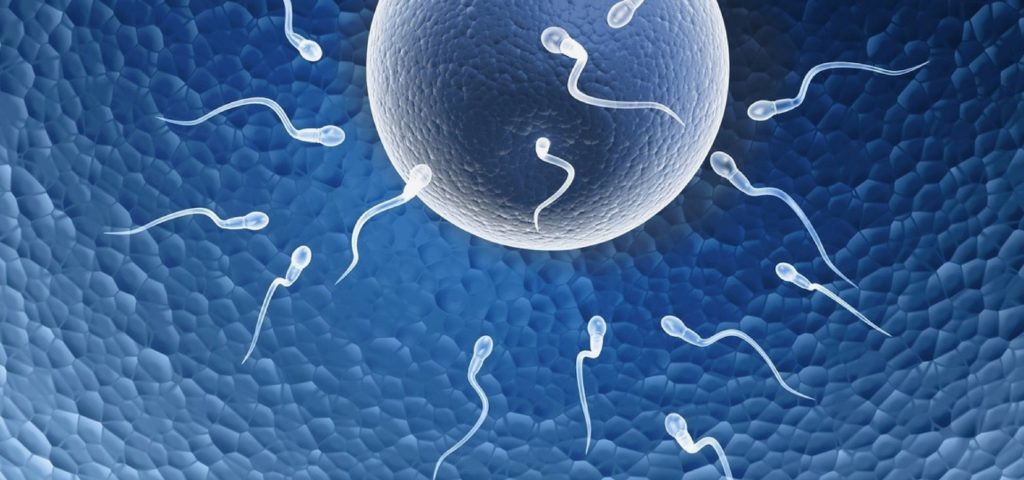From strollers and cribs to clothes and diapers, the amount of stuff your little one requires can add up quickly. To cut costs, many parents-to-be scour the internet for used baby gear and welcome hand-me-downs.
According to a survey conducted by Everyday Health Group, 66 percent of new or expecting moms report having bought second-hand baby gear. This money-saving technique is especially common among Gen Z with 76 percent of Gen Z respondents saying they’ve purchased second-hand baby gear, compared to only 63 percent of Millennial and 55 percent of Gen X respondents.
Buying used baby gear or accepting hand-me-downs from friends and family can save money — but not everything is safe to use twice. Experts in all things baby, Babies R Us provides some useful tips on what you can reuse or buy second-hand, and what you should buy new.
According to Catherine Jacoby, Marketing Manager at Babies R Us, “It’s important to only choose safety approved and tested products. “The benefit of buying these sorts of products whether new or used is that you will know if the product is reliable, you can check if there have been any recalls, the product has been assessed for possible hazards, the materials used are safe and the risks are minimised.”
Car safety seats:
Experts say you should try to avoid buying or borrowing a used car seat. It is important that you are aware of the seat’s entire history. She suggests asking questions around accident damage, checking the number for any recalls and whether the seat comes with the original manual.
“If you are considering a used car seat, look for the label that includes model name, number and manufacturing expiration dates. In South Africa it should have the standard specification SABS 1340 and bear the certification mark,” she adds. “Car seats expire, typically between 6 to 8 years so ensure you understand when the item was bought and check manufacturing details on the label.”
Playpens and portable cots:
Find out if it was made after 2013, the latest safety updates were issued in 2012. “If you purchase a second-hand one, consider purchasing a new mattress to ensure safety and make sure the mesh has no tears and holes are smaller than 0.5cm.
Strollers and prams:

If you’re buying second-hand check when the stroller or pram was made, if it was after 2015, they are ok to reuse. “Safety standards have changed since then to address stability, impact and shoulder strap safety,” Jacoby says. “Look for broken or missing parts, check that it is sturdy, and you should ensure it has an instruction manual.”
Highchairs:

Safety standards require a highchair to have a five-point harness to prevent climbing out and a fixed crotch post so the baby can’t slide out and avoid highchairs with removable trays or arms that lift over the baby’s head. Jacoby cautions that if a second-hand highchair does not have these in place, you should consider purchasing new.
Are used cots safe?

The short answer she says, is no. “It’s advised that you do not buy a used crib. New rules for how cribs are made were instituted in 2011 and essentially this means that most cots sold before that date are obsolete and technically unsafe.
“Research suggests that drop-side cots have been found to be particularly dangerous so much so that in the United States they are no longer allowed to be sold,” she explains. “Rather buy a new crib that meets new safety standards and if you can’t afford one rather purchase a portable one which is more cost-effective.”
Toys and other furniture:
There’s nothing wrong with buying any additional furniture like rocking chairs or changing tables for your nursery second-hand. My advice Jacoby says is to check that the items don’t have any peeling paint, chips or missing parts.
“When buying second-hand toys or accepting hand-me-downs, be sure to check if any items have been recalled due to defects or safety concerns,” she adds. “It’s important that you clean and sterilise all second-hand items before handing them to your child.”
“All parents want the best for their children, if you’re ever unsure about an item it is worth discussing it with an expert who will guide you,” Jacoby says. “Our team of baby experts at Babies R Us are enthusiastic, knowledgeable and willing to assist you on your parenting journey.”
“We are constantly finding ways to make infant products more affordable without compromising on quality or safety standards,” she adds. “It’s always a good idea to keep an eye out for seasonal or sale specials which also assists in making these items a little lighter on the pocket.”
For more information visit: www.babiesrus.co.za
- How Parenting Has Changed Since the 90s (and What’s Stayed the Same) - June 30, 2025
- Parenting Wins That Deserve More Celebration (Like Surviving the Supermarket) - June 30, 2025
- Lunchbox Love: Easy Notes That Make a Big Difference - June 27, 2025




